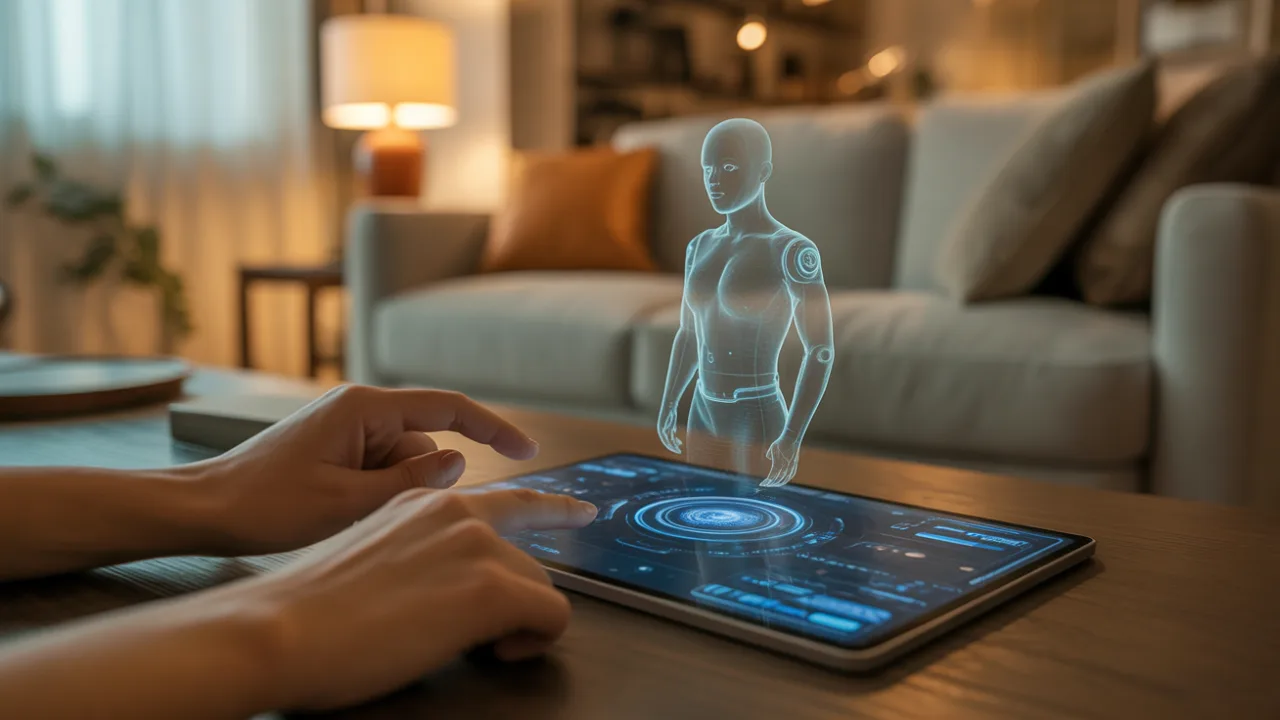Artificial intelligence is no longer confined to labs and servers — it’s in your pocket, your home, your car, and increasingly, your emotions. AI companions — chatbots, voice assistants, and virtual friends — are learning to understand not just language, but loneliness.
These systems analyze tone, mood, and patterns to offer empathy-like responses. For some, they’re a form of comfort: always available, never judgmental. For others, they’re unsettling — machines simulating affection without consciousness.
The rise of digital companionship raises complex questions. If AI learns to fulfill emotional needs, will human connection become optional? Psychologists warn that substituting technology for intimacy may deepen isolation, even as it pretends to heal it.
At the same time, AI’s integration into daily life feels inevitable. From virtual therapists to personal mentors, we’re entering a new frontier of emotional technology. The challenge isn’t to reject it — it’s to remain aware of the line between connection and control.
Technology should amplify what makes us human — not replace it. As we design smarter machines, we must also design stronger boundaries.

